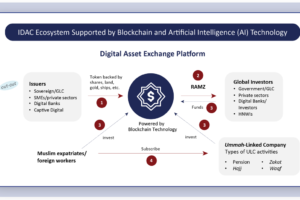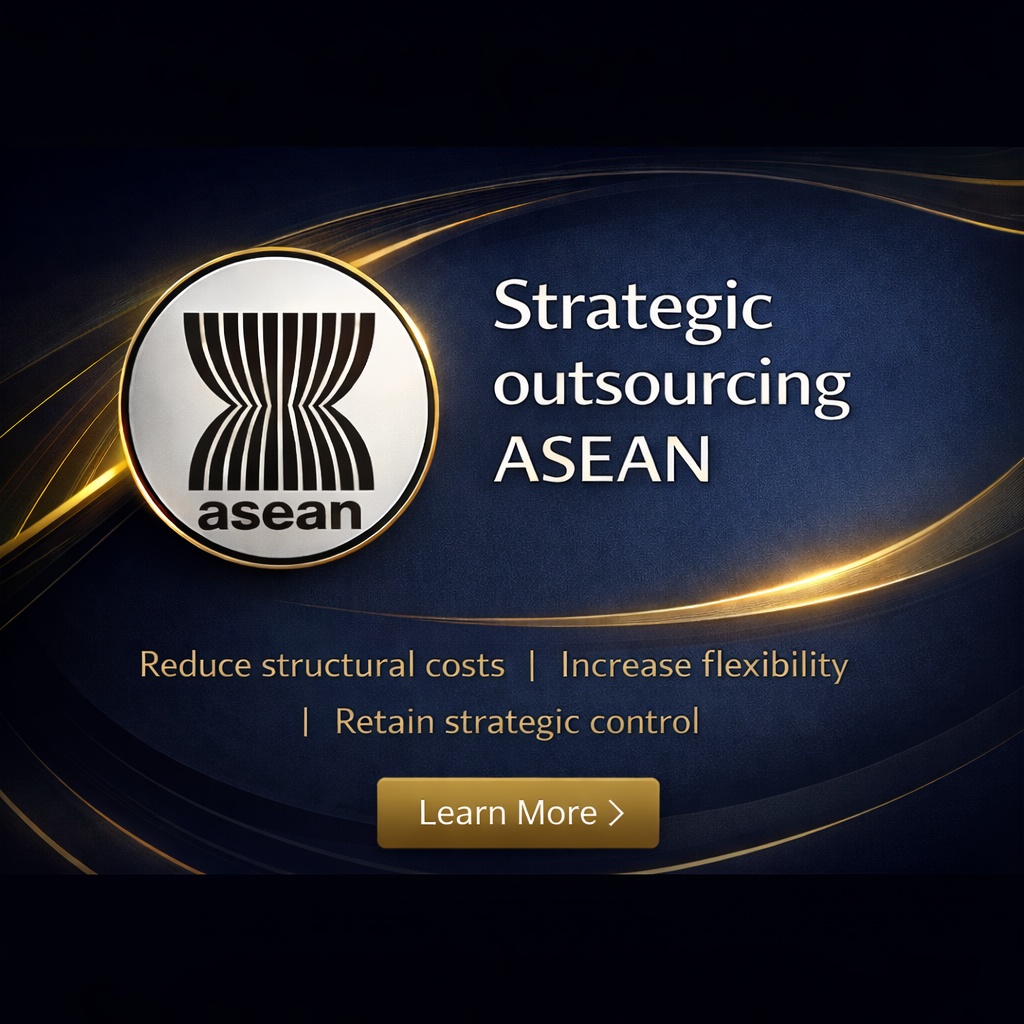In Malaysia, trusts are increasingly recognized as a powerful legal and financial instrument for protecting, managing, and transferring wealth. While trusts were once seen as the domain of the ultra-wealthy, more and more Malaysian professionals, entrepreneurs, and families are discovering their value. This article outlines why establishing a trust is not only relevant for high-net-worth individuals, but also a practical and affordable strategy for anyone seeking to secure their financial future.
1. Asset protection
One of the primary advantages of a trust is the ability to shield assets from external threats. Once assets are transferred into a trust, they are no longer legally owned by the individual (the settlor), but by the trust itself. This separation protects them from personal creditors, legal disputes, or family conflicts. Whether for personal wealth or business assets, this form of legal protection is highly relevant for Malaysian individuals facing rising economic uncertainty and litigation risks.
2. Estate planning and succession
A trust allows for precise, legally enforceable planning of how wealth should be distributed upon death. Unlike public probate processes, which can be lengthy and conflict-prone, a trust ensures that assets are transferred smoothly according to the settlor’s wishes. Conditions can also be imposed — for example, disbursements only at a certain age or upon completing education. Trusts thus provide Malaysian families with a clear and efficient path to multi-generational wealth transfer.
Wealth & Digital Trust Services
Protect, grow, and earn – with licensed wealth and digital trust solutions.
Wealth today extends beyond savings, shares, and property. Digital assets such as cryptocurrency and tokenized investments are increasingly part of modern portfolios.
Our Wealth & Digital Trust Services unite all your assets into a single, secure, and fully licensed trust structure designed to protect, manage, and grow your capital.
Read more →


3. Privacy and confidentiality
Unlike business entities or real estate transfers, trusts in Malaysia are not subject to public registration. This means that the details of the assets, beneficiaries, and structure remain private. For individuals who value discretion — including professionals, business owners, and family patriarchs — a trust offers a layer of confidentiality that few other legal vehicles can provide.
4. Tax efficiency
Trusts in Malaysia offer a fiscally efficient structure. In general, income held within a trust is only taxed upon distribution to the beneficiaries, not annually during accumulation. This deferral of taxation allows the trust to compound wealth more effectively. For those with long-term financial goals, a trust is not just a legal tool, but also a strategic one for tax-optimized capital growth.
5. Structural flexibility and control
A trust can be tailored precisely to meet the needs of the settlor:
- A discretionary trust gives the trustee the power to determine distributions based on predefined principles.
- A non-discretionary trust adheres strictly to the settlor’s instructions.
- The settlor can also appoint a protector, issue a letter of wishes, or define rules for future adjustments.
This flexibility allows Malaysians to maintain meaningful influence over their assets while ensuring that long-term goals — such as wealth preservation or education funding — are respected.
6. Care for vulnerable family members
Trusts are ideal for providing ongoing support to children, elderly parents, or family members with special needs. For example, a trust can be structured to make monthly payments for care, or to release funds only under specific life conditions. This controlled disbursement helps preserve family wealth and ensures responsible financial stewardship.
7. International asset management
Malaysian trusts can also hold and manage international assets such as foreign bank accounts, real estate, or overseas investments. For families or entrepreneurs with global exposure, this offers a centralised legal framework to oversee wealth without setting up new entities in each jurisdiction.
8. Shariah-compliant wealth planning
Malaysia also supports Islamic trust structures, such as Waqf Trusts or Hibah Amanah, which comply with Shariah principles on inheritance, charitable giving, and fairness. These allow Muslim families to integrate religious values into their wealth planning without compromising on legal certainty or financial efficiency.
9. More affordable than you might think
A common misconception is that setting up a trust is expensive and only suitable for the ultra-wealthy. In fact, establishing and maintaining a trust in Malaysia is surprisingly affordable. Initial setup and annual administrative costs are often only a few thousand ringgit, making it accessible for a growing number of professionals, small business owners, and upper-middle-class families.
Conclusion
For Malaysian individuals and families, a trust is far more than a legal structure — it is a strategic solution for wealth security, succession planning, and long-term financial stability. It combines legal protection, tax efficiency, privacy, flexibility, and affordability in a single, powerful framework. Whether you aim to safeguard family assets, support future generations, or manage international investments, the Malaysian trust structure offers a strong foundation for financial peace of mind.
Would you like to know more about a trust in Malaysia and how you could benefit from it based on your situation? Get in touch with Nomair van Wijk nomair [at] keenconcepts.nl for a consultation free of charge.








Reageer op dit bericht